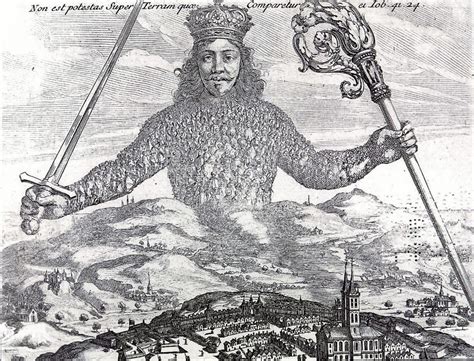The Divine Right of Kings, or Divine Right Theory, postulates that monarchs derive their authority directly from God, rendering them accountable only to the divine power above. This doctrine emerged during the medieval period and became a dominant political ideology in Europe from the 16th to the 18th centuries.

Historical Context
The Divine Right of Kings emerged in response to the rise of secular governments and the weakening of papal authority during the Reformation. Monarchs sought to strengthen their legitimacy and curtail the influence of religious and political rivals by claiming divine sanction for their rule.
Key Principles
The Divine Right theory rests on four main principles:
- God-Given Authority: Monarchs receive their power directly from God, not from the will of the people or any other human source.
- Absolute Power: Kings possess absolute and undivided sovereignty, with no checks or balances on their authority.
- Divine Legitimacy: Only those born into royal families can rightfully rule, as their lineage establishes their God-given right to power.
- Accountability to God: Monarchs are responsible for their actions not to their subjects but only to God.
Impact and Evolution
The Divine Right of Kings theory had a profound impact on European history:
- It reinforced the power of absolute monarchs, solidifying their control over their realms.
- It discouraged popular uprising and resistance to royal authority, as it was seen as defying God’s will.
- It contributed to the rise of nation-states, as monarchs sought to assert their authority over all aspects of their kingdoms, including religion and the economy.
Over time, the Divine Right theory began to be challenged by Enlightenment philosophers and the rise of democratic ideals. By the 19th century, most European nations had transitioned to constitutional monarchies or republics, where the authority of the monarch was limited.
Contemporary Relevance
While the Divine Right of Kings is no longer a dominant political doctrine, its legacy remains evident in certain aspects of modern society:
- The British monarch still holds the title “Defender of the Faith,” a relic of the Divine Right tradition.
- The Vatican’s claim to temporal power has its roots in the Divine Right theory, as the Pope was once considered God’s representative on Earth.
- The concept of hereditary rule in some monarchies, such as Japan and Saudi Arabia, perpetuates the idea of lineage-based legitimacy.
Tables:
Table 1: Examples of Divine Right Monarchs
| Monarch | Kingdom | Years of Reign |
|---|---|---|
| Louis XIV | France | 1643-1715 |
| Elizabeth I | England | 1558-1603 |
| Philip II | Spain | 1556-1598 |
Table 2: Impact of Divine Right on European History
| Impact | Example |
|---|---|
| Strengthening of Monarchy | Increased royal authority and diminished influence of parliaments |
| Suppression of Dissent | Persecution of religious and political opponents |
| Expansion of Nation-States | Monarchs asserted control over territories, consolidating power |
Table 3: Challenges to Divine Right Theory
| Challenge | Source |
|---|---|
| Enlightenment Philosophy | Hobbes, Locke, Montesquieu |
| Democratic Ideals | French Revolution |
| Rise of Secular Governments | Separation of church and state |
Table 4: Modern-Day Vestiges of Divine Right
| Manifestation | Example |
|---|---|
| Hereditary Rule | Monarchies in Japan and Saudi Arabia |
| Religious Authority | Vatican’s claim to temporal power |
| Ceremonial Roles | British monarch as “Defender of the Faith” |
